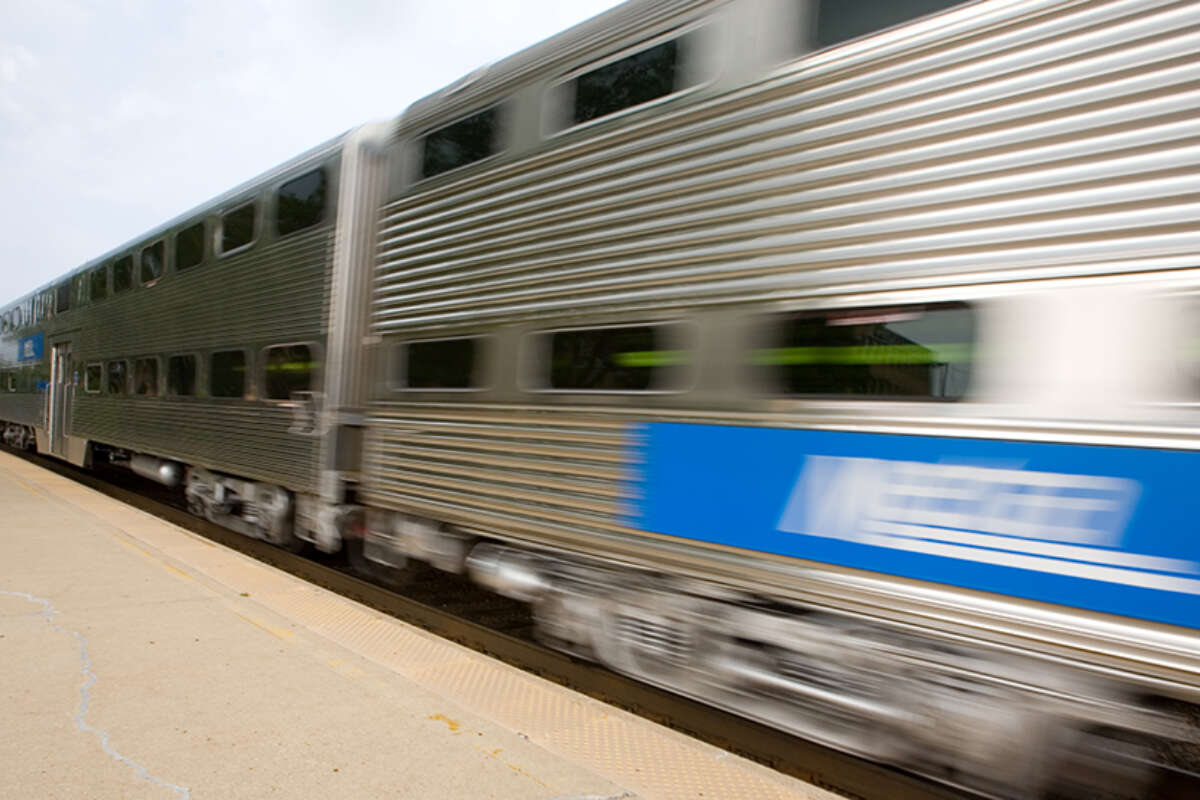
As part of ongoing development of the next regional transit strategic plan, the RTA has begun convening working groups made up of a range of transit experts, riders, and other stakeholders. Three working groups kicked off in April and will meet through the summer to dive into major topics of the plan and provide recommended goals, strategies, and performance measures.
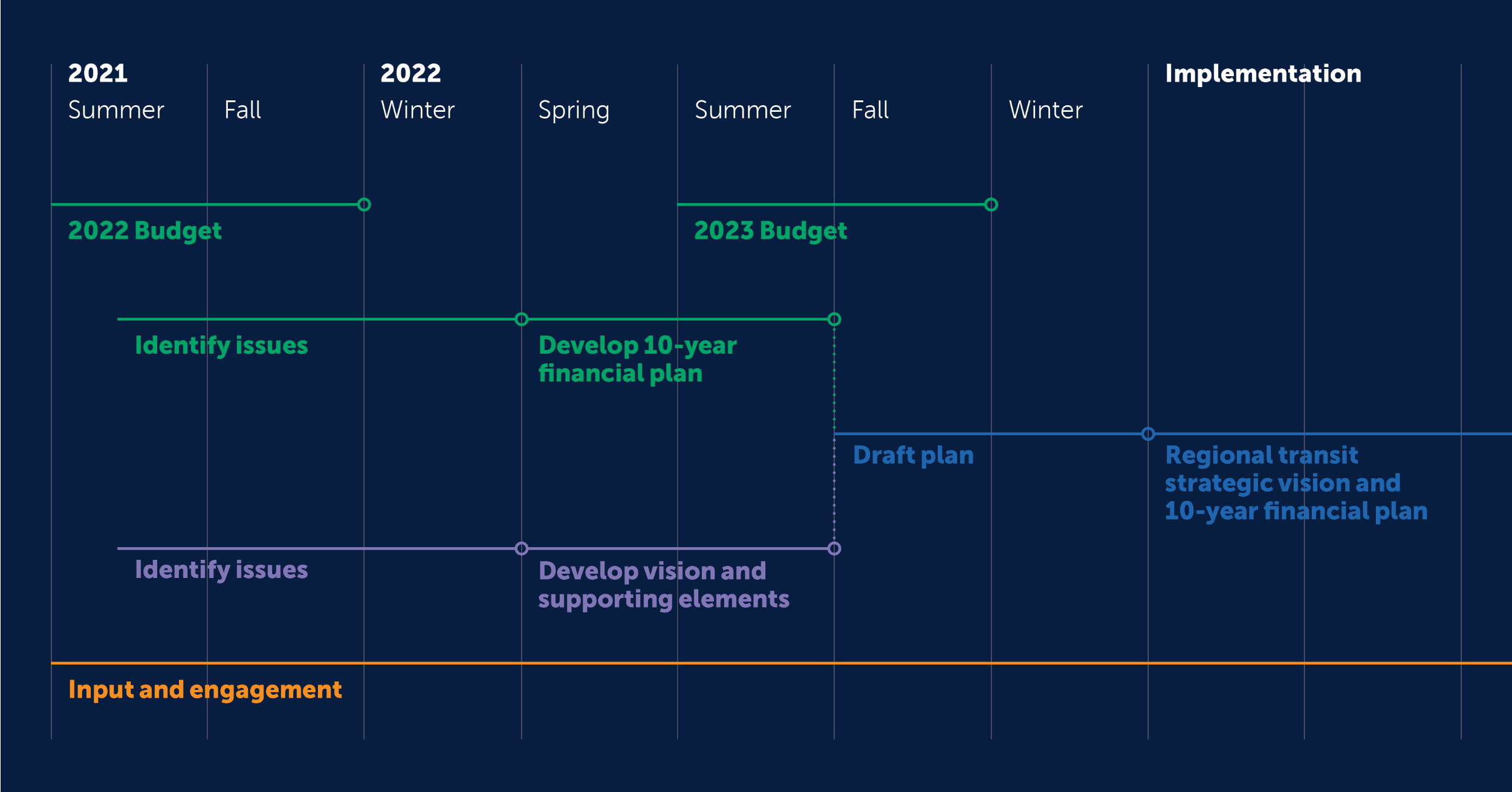
Earlier this year, the initial phase of public engagement for the strategic plan, slated for adoption in early 2023, concluded with the determination of a vision, principles, and six desired outcomes that the plan should help accomplish.
Vision
Safe, reliable, accessible public transportation that connects people to opportunity, advances equity, and combats climate change.
Principles
Committed to change: Being committed to change means that the Strategic Plan will acknowledge that the mobility needs of the region are changing rapidly while many long-standing community mobility needs and expectations for transit are still unmet. In committing to change, the Strategic Plan process will empower the transit agencies and systems to adapt, innovate, and re-think regional transit options to better meet the needs of people and communities we serve across the region today and into the future.
Equity: Advancing equity through the Strategic Plan means that the planning process will acknowledge, identify, and seek to change policymaking, planning, and distribution of resources to better meet the transit needs of historically under invested and overburdened people and communities in our region across agencies, community types, and political boundaries. Our working definition of equity begins with racial equity by improving transit options and outcomes for people and communities of color as well as people who are from low-income households, possess limited English proficiency, have a disability and/or are Seniors.
Stewardship: Being good stewards of the Chicago region's transit system means that we are committed to using public funding wisely and maximizing our shared resources. In seeking to be stewards, we will continually consider how the Strategic Plan process will ensure the financial health of the transit agencies while also advancing the purpose of transit as a public good, regional economic development catalyst, and tool for climate action.
Outcomes
Three outcomes are focused on the kind of transit system the plan should work toward and three are focused on the kind of region a great transit system can help build.
In the future our region’s transit system will be…
- Safe, accessible, reliable, and useful for riders
- In a state of good repair
- Financially stable
In the future our region will be…
- Connected
- Winning the fight against climate change
- Thriving
Stakeholder Working Groups as a forum for learning and discussion
In creating working groups, the RTA is providing a forum for stakeholders to work together to apply these principles toward developing specific goals and actions that can be taken to move the region toward these outcomes. Moreover, RTA has committed to creating an environment in which collaborative dialogue, learning, and problem-solving can occur among agency staff, stakeholders with whom RTA interacts regularly and others who may not have been a part of RTA planning activities in the past. This level of region-wide engagement is new to the RTA, and is a demonstration of our commitment to change.
Each stakeholder group is made up of 30-40 members of diverse backgrounds and experience to create a forum for mutual learning and discussion, develop content recommendations for the plan, and cultivate a group of stakeholders that are knowledgeable about transit issues and invested in potential solutions to support implementation down the line. Groups include members from CTA, Metra, and Pace, the Chicago Metropolitan Agency for Planning, city and county governments, non-profit organizations and advocacy groups, representatives of the disability community, community-based organizations, and transit riders.
The three stakeholder groups are topically organized as follows:
Group 1: Transit Service will focus on the quality of transit service and the rider experience and related implications for the transit system to be used as a tool to impact regional climate change. This group will work toward goals, strategies, and performance measures to address two plan outcomes including
- A transit system that is safe, accessible, reliable, and useful for riders (How do we create a more seamless rider experience?)
- A region that is winning the fight against climate change (How can we best leverage transit as a tool for regional climate action?)
Group 2: Infrastructure Investment will focus on infrastructure investments that are needed on the transit system itself and in communities around stations and stops to make transit more accessible and appealing. This group will work toward goals, strategies, and performance measures to address two plan outcomes including
- A transit system that is in a state of good repair (How do we maximize benefits of infrastructure investment and use limited resources effectively to maintain the system today while planning for tomorrow?)
- A region of thriving communities (How do we work with communities to improve access to transit and support equitable development around transit?)
Group 3: Financial Responsibility will focus on the balance between financial efficiency and transit system coverage to achieve a transit system that is financially stable and effective in connecting people to opportunity. This group will work toward goals, strategies, and performance measures to address two plan outcomes including
- A transit system that is financially stable (How do we find new balance in funding so that the transit system can continue to operate while also remaining affordable for riders?)
- A region that is connected (How can we connect people and communities to more opportunities to improve their quality of life?)
Recommendations from each group will be summarized in a memo that is provided to the RTA strategic plan team. RTA staff will combine and edit input received from all groups and work with the Service Boards to coalesce the recommendations into combined goals, strategies and performance measures that will be shared for public input in late summer 2022. A draft plan will be released for public comment in fall/winter 2022 and presented to the RTA Board for approval in first quarter 2023.
The RTA will continue to communicate transparently about the work and recommendations of the working groups throughout 2022 through blog posts and monthly updates to the RTA Board of Directors.
Subscribe to our Newsletter


 New project management oversight report highlights more than 100 projects representing $8.2 billion in capital investments
New project management oversight report highlights more than 100 projects representing $8.2 billion in capital investments
 Transportation Tuesday recap: Improving and expanding the transit system strategically
Transportation Tuesday recap: Improving and expanding the transit system strategically
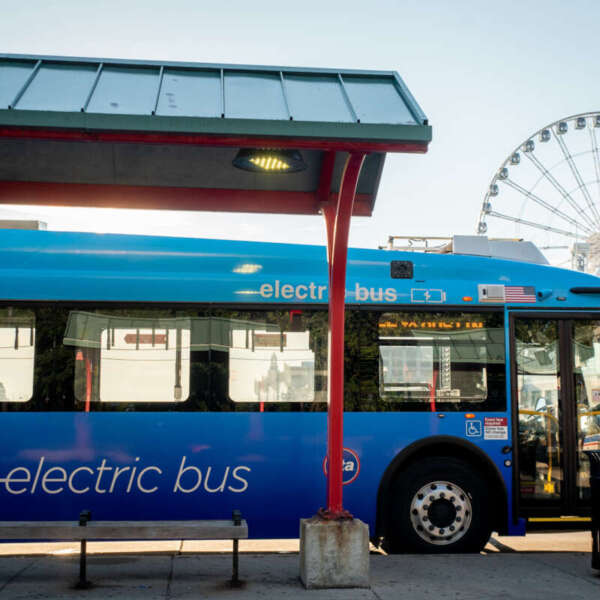 Transit is the answer to meeting Illinois’ climate goals
Transit is the answer to meeting Illinois’ climate goals
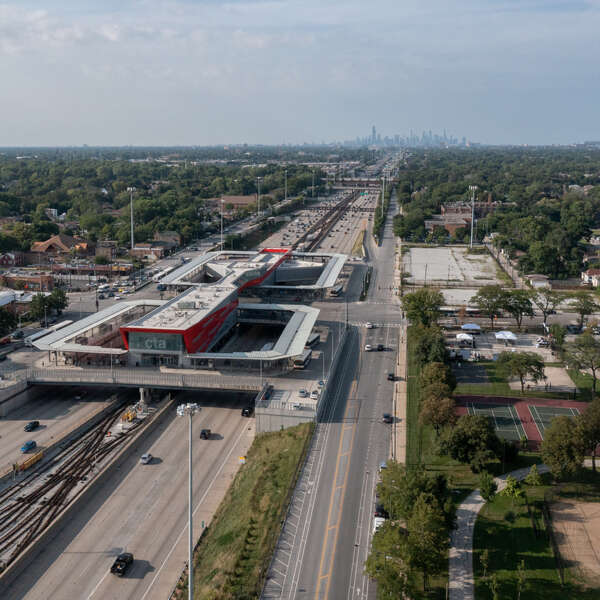 Three years into the Infrastructure Investment and Jobs Act, Chicago’s transit system is winning competitive grants and advancing critical projects
Three years into the Infrastructure Investment and Jobs Act, Chicago’s transit system is winning competitive grants and advancing critical projects
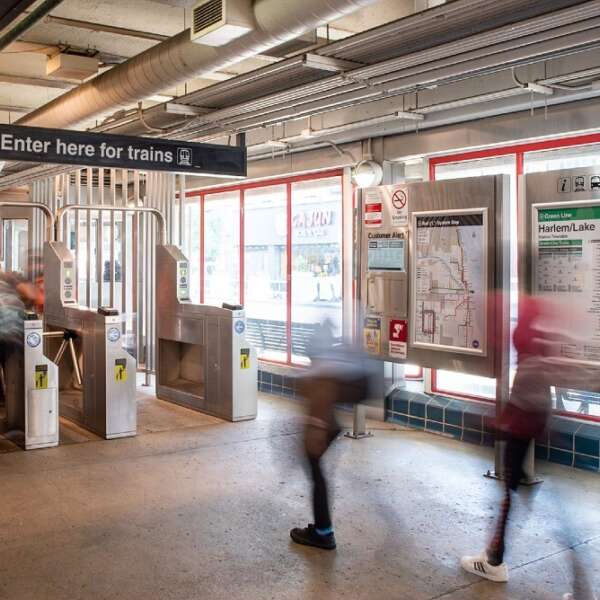 Why fully funding paratransit service and reduced fare programs is key to closing the transit budget gap
Why fully funding paratransit service and reduced fare programs is key to closing the transit budget gap
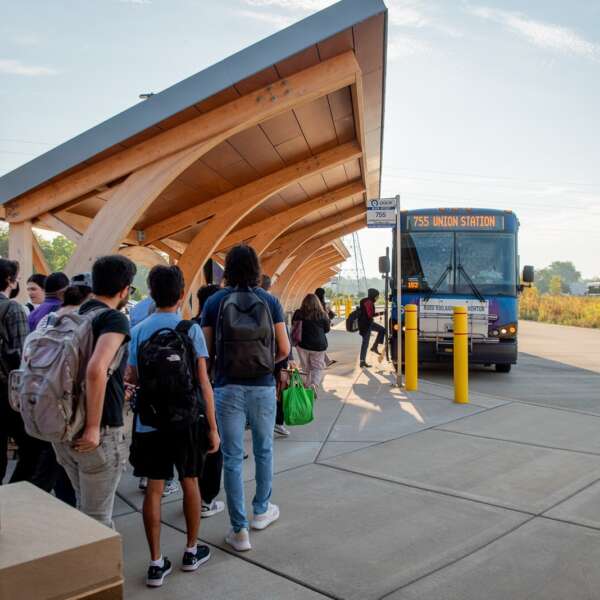 RTA releases semi-annual project management oversight report highlighting more than 100 capital projects
RTA releases semi-annual project management oversight report highlighting more than 100 capital projects